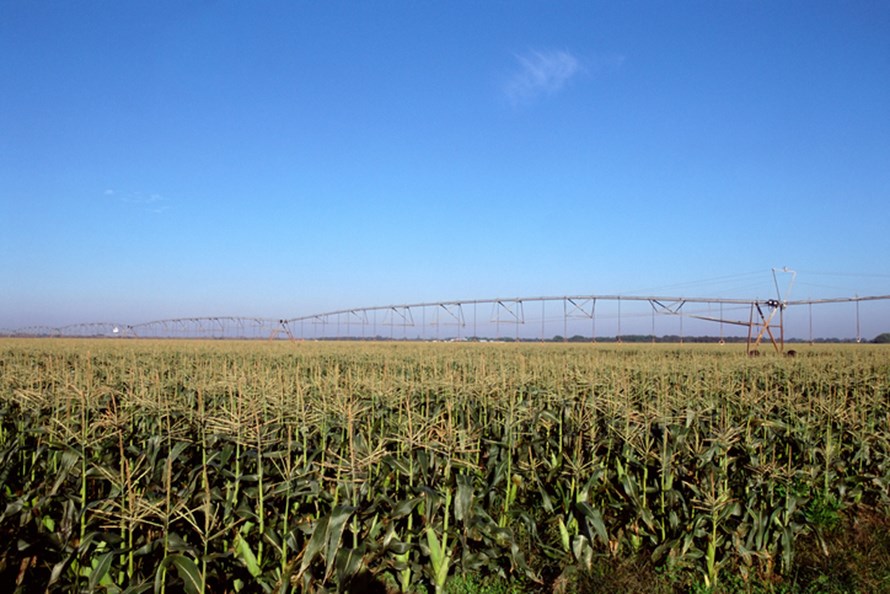Don’t wait to buy land, buy land and then wait. I first learned the importance of that saying in 1964 as the youngest realtor in Prince George. I still believe it today.
My career as a realtor has taught me how profitable and rewarding real estate can be. Having assembled development sites for large corporations such us Woodward’s and Safeway, also assembling large subdivisions, selling high-rises, islands and then the largest land company in British Columbia to Imperial Life.
I couldn’t have gone from a realtor to successful investor without also understanding the importance of three key questions:
- 1: What is your time horizon?
- 2: How much can you afford to lose?
- 3: What do you know about the investment?
All three points should give you pause to think, but the last point is the most critical as it drives the first two.
For more than 50 years I made a lot of money in rural or recreational land and resources from the land because I understand the value. I am often approached by people to invest in other opportunities – commercial developments, the stock market or even foreign rural lands. While they all promised good returns, I do not have a feel for the risk associated with these.
I was researching some historical insights on rural lands – as far back as the 1880’s when Vancouver was, in fact, rural. Almost 140 years ago folks were already saying that Vancouver was too expensive. I came across land prices leading up to and after Canadian Pacific railways announced that Vancouver – or at that time Granville – would be the western terminus for the rail line. Over a 10-year period land prices (hectare – not a city lot) went from $200 in 1870, to $2,000 in 1882 and seven years later in 1889 to $20,000. Today a hectare of land in Vancouver is valued in excess of $40 million.
Don’t get me wrong, we have had our share of boom’s and busts with the following recovery period leading to the next growth cycle. I don’t think we have to go back too far in time to look at a couple of fairly well documented boom/bust/growth cycles. Do you remember the late 70’s and especially 1981? If you’re too young, ask your parents. I am sure they will recall they mortgage rates at up to 20 per cent. The other more recent time is the 2007-08 credit freeze and resultant stalled housing and development markets. For a bit of time people were questioning the sustainability of investing in real estate.
So, how much can you afford to lose?; and what is your time horizon?
Over the course of my investment career I have bought and sold in short cycles as opportunities presented themselves – but the majority of my current holdings were acquired 30 to 40 years ago. The shorter-term investments certainly help manage cash flow and further secure a hold on my longer term portfolio by removing the pressures to liquidate to meet short term needs.
I have made money off my longer term holds by not selling these properties or refinancing them. You might be wondering how I did this. Well, I know recreational land. Some of my best long-term holds have contained fantastic timber yields and potential subdivisions. Not very sophisticated, perhaps, but if you know your investments you can see the potential beyond a simple land buy-and-hold strategy. I have many times created an effective cash flow, similar to the rents that a commercial real estate property investor may receive – but I don’t have to worry about fixing the plumbing and collecting rent.
So now you know the three key questions I consider before investing, but I’ve saved the most important until the end to prove a point.
The most important strategy you need to understand are these three simple, repetitive words …. research, research, research.
Do your homework. Get to know one thing better than anyone else in the world by doing your research. You will undoubtedly reach a point where there are multiple excellent offers to consider – but you don’t have the cash flow to acquire them all. You going to determine the best option based on your answers to the earlier three questions and your commitment to research. If you’ve done your research, the answer becomes very clear. I still do my research – but years of dedication to this process has enabled me to come to a decision a lot quicker.
Previous: Farmland investing



